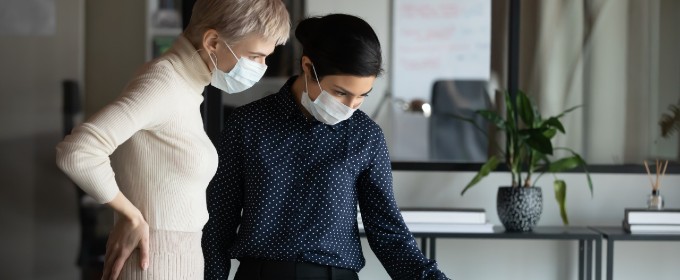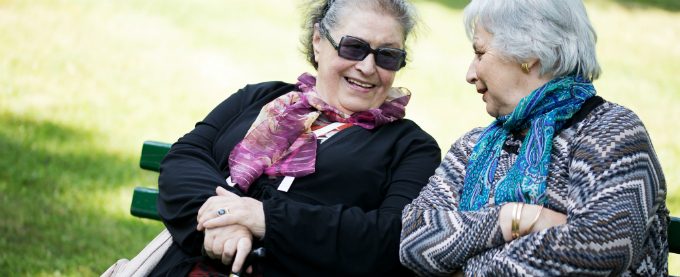The Domestic Abuse Bill 2019-2021 will receive its third reading today. Once this long awaited Bill passes through Parliament, assuming it receives Royal Assent, it will ultimately mean that for the first time in England and Wales, there will be a criminal offence of domestic abuse. In this blog, Caroline Miles and Rachel Condry examine […]









